The idea of loving more than one person simultaneously challenges conventional notions of love and relationships. Is love far more complex and fluid than we realize? Let’s find out!
Polyamory’s historical context and its meaning today.
Key points
- In polyamory it is recognized that loving more than one person is possible.
- Historically, monogamy has never been as strict as we might imagine.
- Humans are fundamentally shapeshifters; our preferences are far more fluid than we tend to acknowledge.
Is Loving More Than One Person Possible?
Magdalena Fosse is a psychologist, certified sex therapist, couples’ counselor, consultant, and psychedelics-assisted psychotherapy provider. She is the current president of the Psychodynamic Couples’ and Families Institute of New England (PCFINE) and the author of The Many Faces of Polyamory and other publications on polyamory.

Mark Matousek: You say that the society in which we live is losing its faith in monogamy, and that there is an antagonism between monogamy and alternative lifestyles. Why do you think this antagonism exists? And why is our faith in monogamy declining?
Magdalena Fosse: Those are very deep questions. Antagonisms of this sort often appear when we’re presented with something new, controversial, or non-normative. Humans tend to react with skepticism, negativity, and dismissal of unfamiliar relational perspectives when they first appear.
Read More Here: 7 Types Of Intimacy To Deepen Your Relationship
As humans, we are prone to a dualistic way of thinking. However, from a non-dual perspective, which emphasizes the interconnectedness of all things, nonmonogamy is not necessarily the opposite of monogamy.
These relational alternatives exist on a continuum. Disenchantment with monogamy is connected to our idealized version of monogamy in which one partner is supposed to be everything to the other. This is very hard, if not impossible, to achieve.
While our sexuality is rooted in biology, its expression is neither static nor crystallized; it depends on the times, the period, and the place in which we live. Our sexuality can be suppressed, or the opposite. In contemporary culture, sex is everywhere; it is almost inescapably present. Porn is available 24/7.
With so many messages about the importance of sexual satisfaction, many people question monogamy as it limits the free expression of sexuality. Nonmonogamy opens up the potential for sexual fulfillment with many partners and polyamory takes it a step further: It opens doors to concurrent romantic relationships. In polyamory, it is recognized that loving more than one person is possible.
MM: Do you see infidelity as a subset of non-monogamy, or is it something completely on its own?
MF: Oh, that’s another excellent question. Let’s consider first our dramatically extended life spans. A century ago, people lived 30-50 years less than we do today. With the prospect of living into our 80s or 90s, the traditional model of lifelong monogamy becomes increasingly challenging.
As people age or spend many years in a sexually monogamous relationship — even a largely satisfying one — they often find themselves wondering, “Is this going to be my only sexual experience?” This reflects a deeper anxiety: the fear of mortality and the fear of missing out on life’s possibilities. When people step into sexual transgressions, is it because of their desire for nonmonogamy or because of something more existential?
This relates directly to conversations about infidelity. Historically, monogamy has never been as strict as we might imagine. To understand what I mean, it is helpful to differentiate between sexual and social monogamy.
Even in the animal kingdom, what appears to be monogamy often is not so straightforward. Biologists and zoologists have discovered that many species we once considered paragons of faithfulness, like swans, form socially monogamous bonds rather than strictly sexual ones. What it means in practice is that the swans stray when the opportunity arises but go to a great length to keep it secret.
MM: Even swans get around?
MF: (laughs) Yes.
MM: What does this have to do with the psychological shadow? Is sexuality a playground where hidden parts we’ve concealed out of shame, guilt, or fear are allowed a place of indulgence and expression?
MF: Oh, completely. Let’s consider cross-dressing as an example. When a man cross-dresses, it frequently triggers deeper questions about his gender, sexual identity, and sexual orientation. Unlike women, who can wear traditionally male clothing without triggering societal scrutiny, men wearing female clothing often provoke questions about underlying motivations and unintegrated aspects of self.
The discovery of cross-dressing, or a desire to cross-dress, can prompt profound personal and relational inquiries: Who am I? Who is my partner? What does this mean for me and us? In this context, the shadow isn’t simply about clothing but the unexplored, often vulnerable dimensions of human experience that were kept hidden, buried in the unconscious.
MM: I recently worked with a man who liked to cross dress. When he told his wife, she was fine with it but said he’d have to do it on his own because she was not attracted to women. Eventually, they broke up, and he now has a partner who’s more comfortable with the whole thing.
MF: This is a perfect example of integration going in two different directions. A shadow brought to the light can heal a person but break the relationship, or it can strengthen the relational bond when the shadow side is accepted and embraced. In the latter case, the shadow is psychically and relationally integrated.
MM: You’ve written about the different facets and meanings of orgasm. Of course, the French refer to it as le petit mort, the small death. Can you say something more about that?
MF: We can take this concept or an experience at face value, but the moment we genuinely engage with it, we can start wondering about the meaning an orgasm holds for us. How does it feel when we experience it in a fully embodied way? How does it feel when we engage in sex and have an orgasm but are not fully present?
An orgasm represents many different things: It can be about being in control or being out of control. In unwelcome sexual situations, people might feel betrayed by their bodies, by the presence of arousal and orgasm. Those examples are often connected to the experience of sexual trauma.
An orgasm can be sought out as a sleep aid or stress relief. It can be an experience of the greatest love merger with the other. It can be a source of deepest pleasure or a surrender to internal or external pressure.
An example of internal pressure is when a person feels that they have to orgasm because that’s the only way they can convey their interest or satisfaction to their partner.
In those instances, it is often harder to climax, which is why some people choose to fake orgasms. Or there is an expectation that in partnered sex, an orgasm needs to be simultaneous.
Furthermore, women or people identifying as females may feel the pressure to experience multiple orgasms. Men or people identifying as males struggle less with this kind of pressure because of the refractory period following a climax.
MM: Some people experience it as loss of vital energy or even autonomy in some ways, I understand.
MF: Yes. I talked about the connection between orgasms and trauma earlier. Looking from a different angle, the French expression — la petite mort — conveys that an orgasm can be a moment of transcendence, but it can also signify a momentary loss of self, the proverbial little death.
Venturing more deeply into the medical field, there are examples of people truly losing their physical vitality as a consequence of orgasm; it happens in the case of individuals for whom climaxing results in migraine attacks. Fortunately, those cases are rare, but they do exist. In certain tantra practices, people deliberately avoid climaxing to keep their vital energy high.
MM: Not all orgasms are created equal?
MF: Absolutely not. An orgasm is seldom one and the same thing. Its meaning and subjective experience truly depend on the context.
MM: What has working with polyamory and non-monogamy specifically taught you about human nature? How has it opened your eyes to the varieties, the perversities, and the longings of human nature?
MF: I love this question. What I’ve learned is that humans are fundamentally shapeshifters. It is in our nature to be shapeshifters. We like to believe we’re consistent, but our relational orientations and preferences are far more fluid than we tend to acknowledge. The same person can be happily monogamous in one phase of life and then find themselves drawn to different relationship structures — nonmonogamy — as circumstances change.
When people declare, “This is my identity” — whether it is monogamous or polyamorous — I listen and know how important it is to remain open to potential changes in their perspective. Our paths may not be as fixed as we wish them to be. A person identifying as monogamous may find themselves being called to enter a polyamorous relationship or vice versa.
There’s nothing wrong with that shift; it is a reflection of a changing context that influences an individual’s relational choices. Relationships are living, breathing entities that change just as individuals change. Rigidity serves no one; flexibility and self-compassion are key to understanding the beautiful complexity of human connection.
Read More Here: The 5 Neurodivergent Love Languages: How Your ADHD/Autistic Partner Shows Love
It’s time to rethink our understanding of love and embrace its boundless possibilities. So, can you love more than one person? Share your thoughts in the comments below!
Written by: Mark Matousek
Originally appeared on: Psychology Today


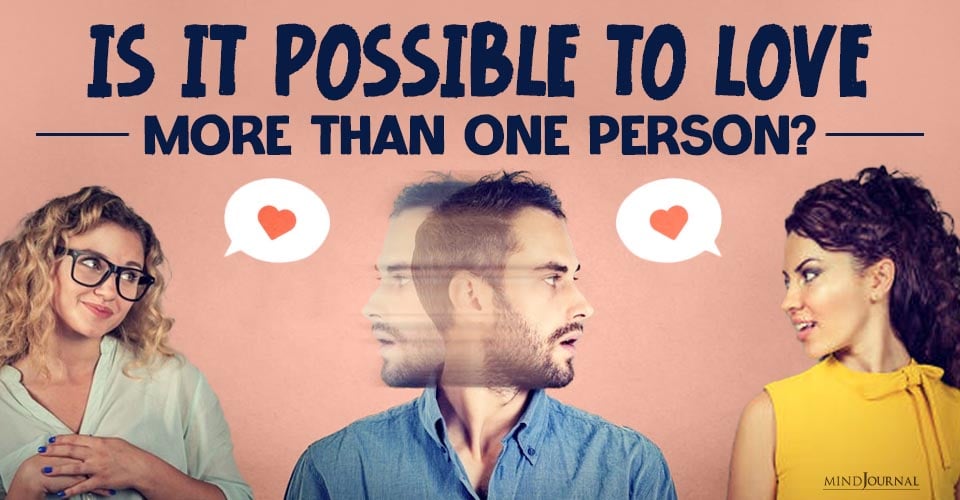

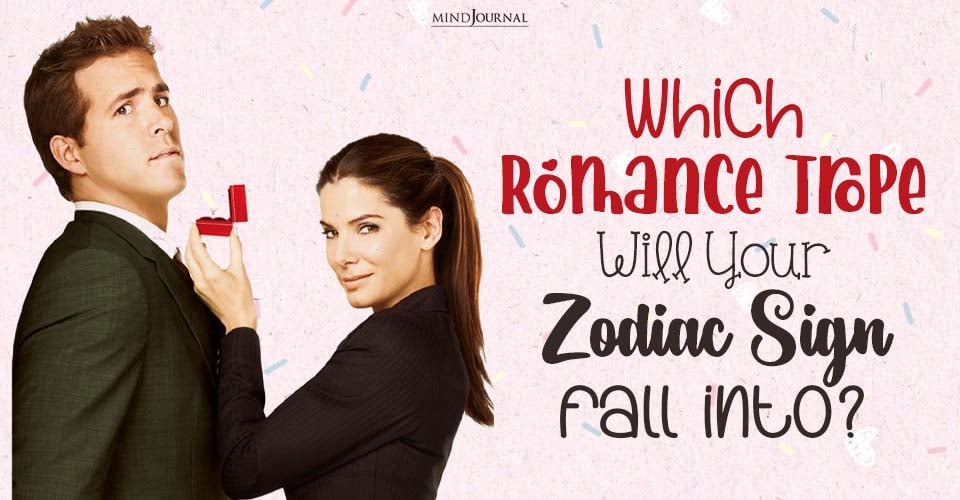
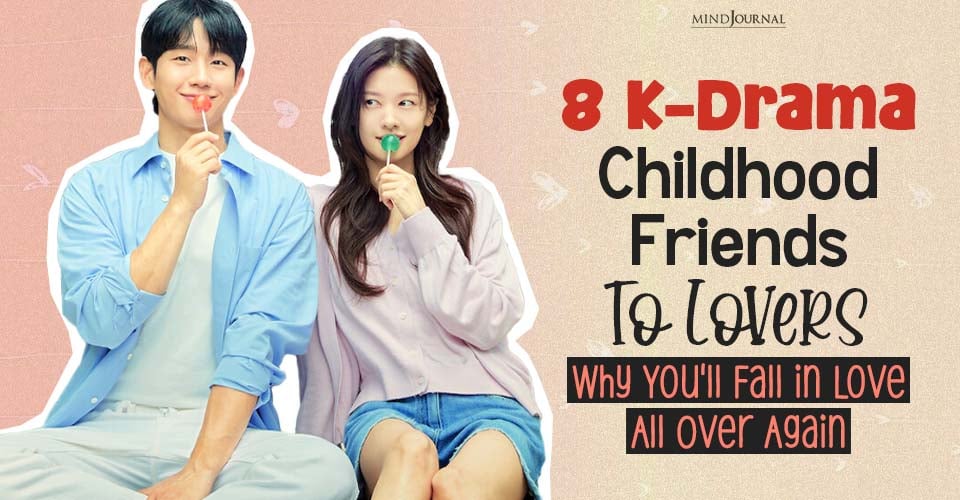
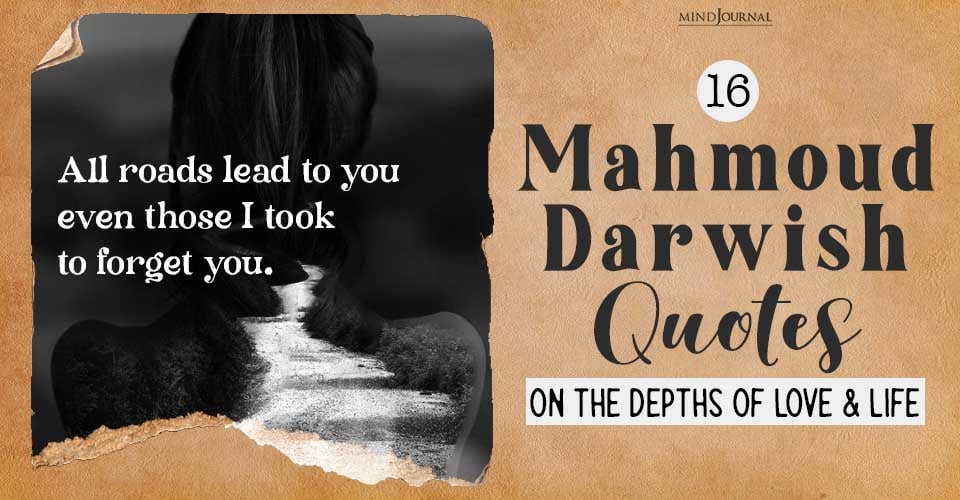
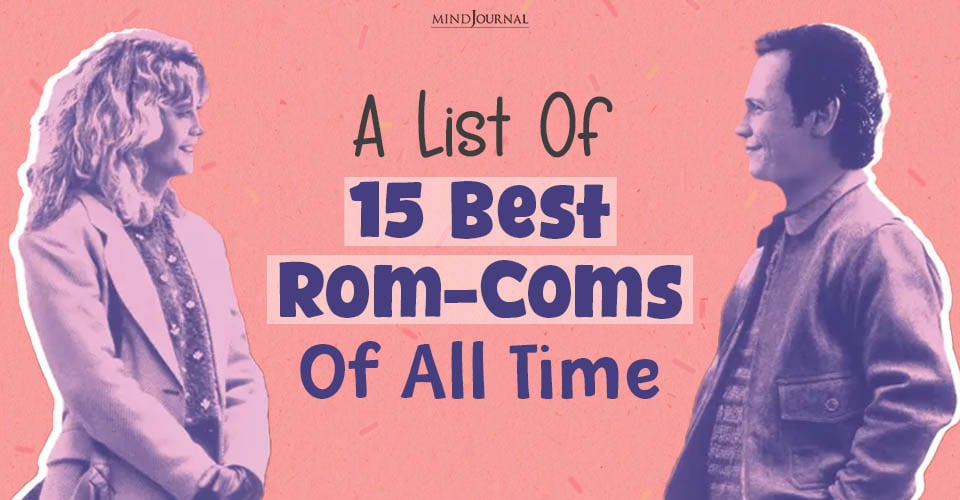
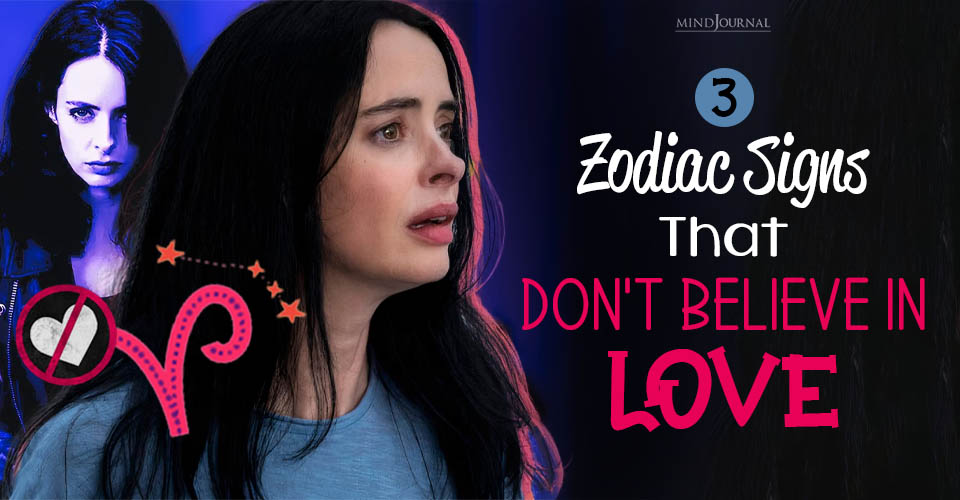
Leave a Reply